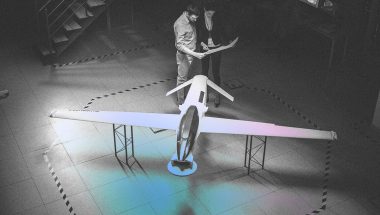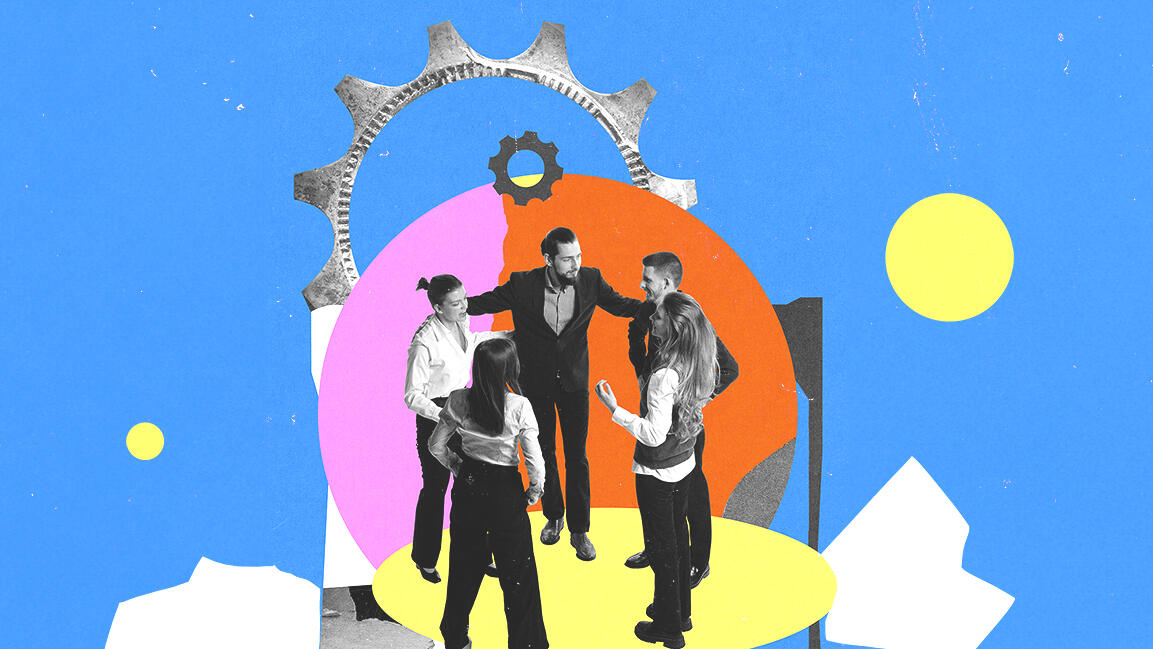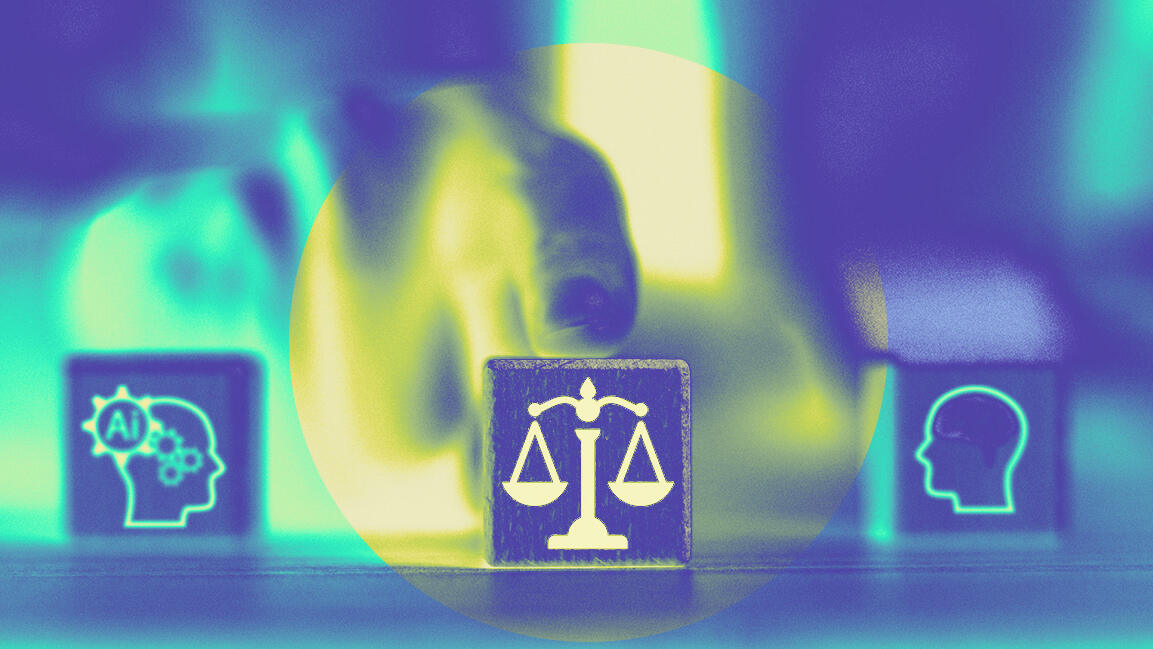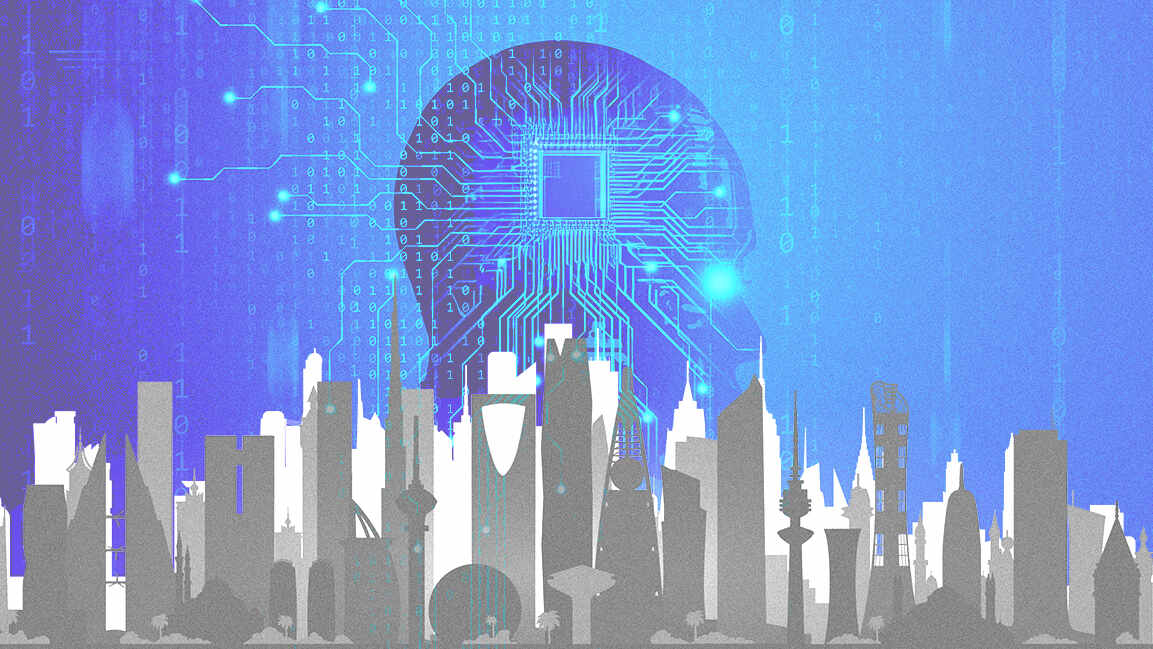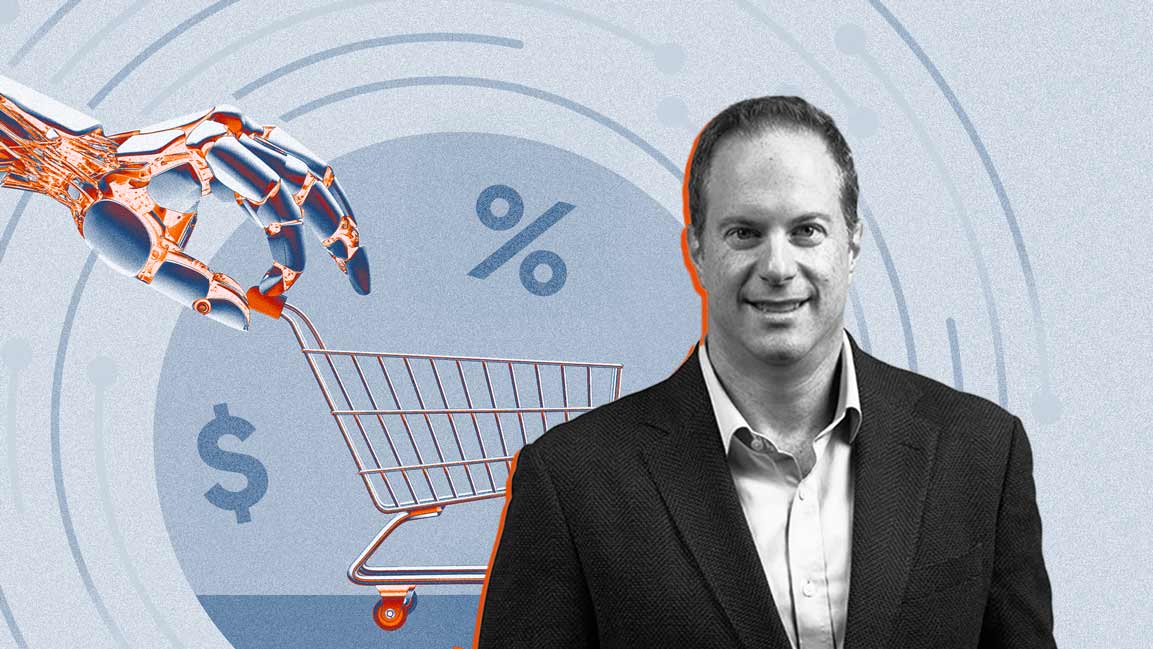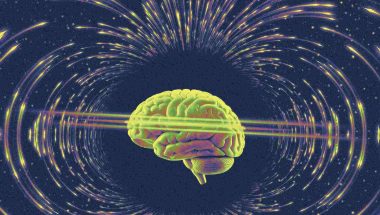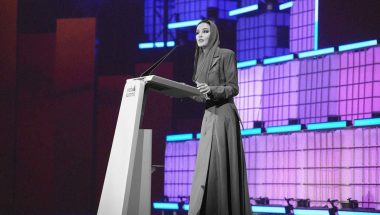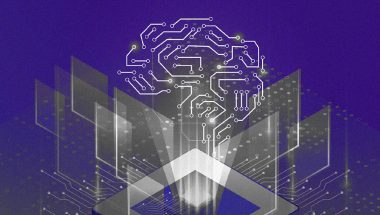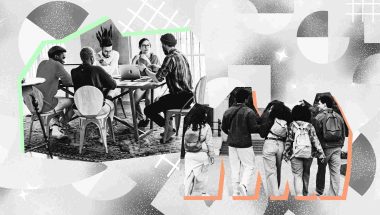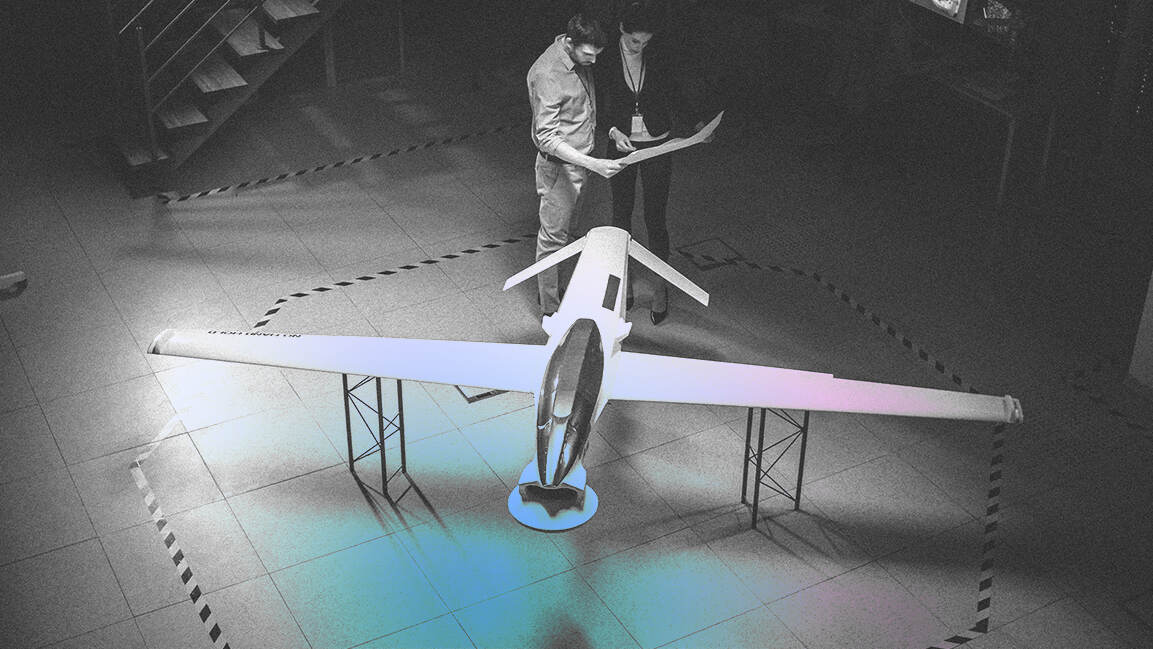AI won’t replace talent. But trust will redefine it
Talent strategies must now prioritize ethical reasoning as much as technical skill
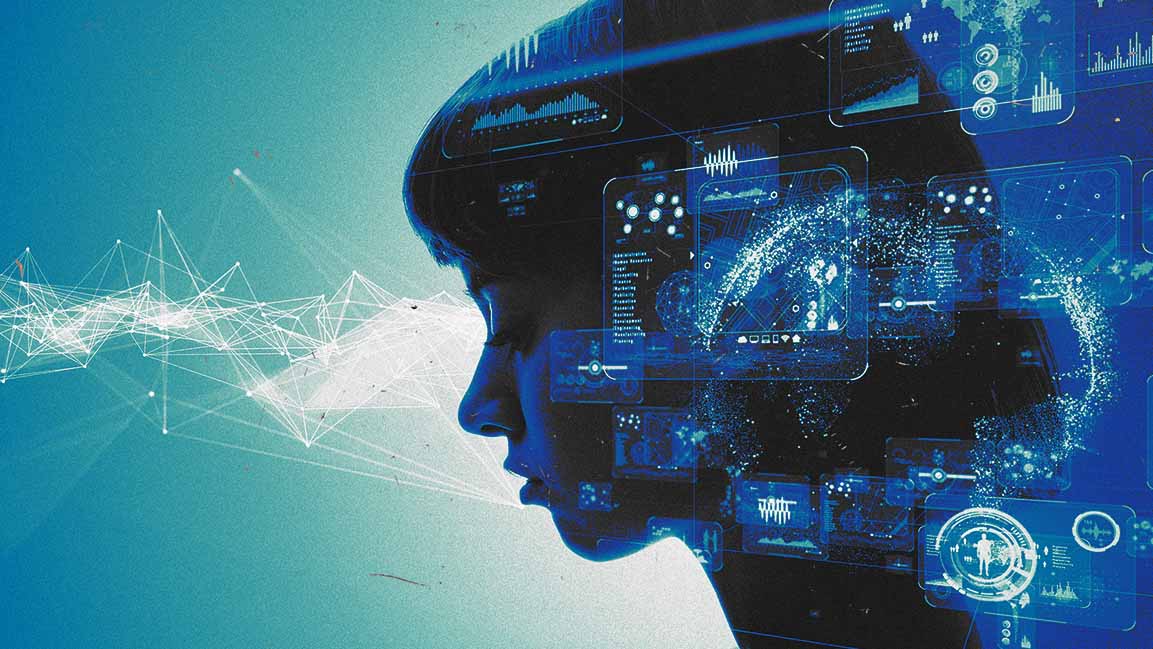
AI is now pushing leaders to ask tougher questions. The focus is shifting from concerns like efficiency and cost to deeper issues of judgment, trust, and responsibility. It’s prompting us to consider when to trust an algorithm and when to rely on human judgment.
This balance is even more crucial today. Talent strategies must evolve to prepare people for roles defined as much by ethical reasoning as by technical skill. In guiding this shift, leaders face the challenge of modeling a mindset that marries advanced intelligence with human insight. But how can they encourage a culture where every decision reflects the best of both human and machine?
AI AND THE SHIFT IN TALENT MINDSET
For Bassel Kakish, CEO of Publicis Groupe Middle East & Turkey, leaders today need to reconsider what talent transformation really means in the context of AI. The conversation should not be limited to automation or the introduction of new tools. The real priority is enabling people to contribute in ways that were previously out of reach.
Before the Industrial Revolution, agriculture formed the economic backbone. Factories came next. What we’re seeing with AI is similar, but happening much faster. The World Economic Forum’s Future of Jobs Report 2025 projects that by 2030, 170 million jobs will be created while 92 million are displaced, a net gain of 78 million roles, with rising demand in technical and human-centric skills. This highlights how AI can open new forms of value creation.
This transformation extends beyond manufacturing and services, reshaping industries that rely heavily on precision and insight.
Kakish adds, “We’re seeing that now in medicine.”
AI is helping diagnose with more accuracy, identify trends earlier, and support complex decisions. He continues, “It’s not replacing doctors. It’s enabling them to perform at a higher level. They’re working alongside AI, and the profession is advancing. That’s what leaders need to embrace.”
He believes the conversation about AI should focus on expanding human capability, not limiting it. Talent transformation, he says, should reflect this dynamic.
Sewar Azzouni, Head of Talent Transformation at Publicis Groupe Middle East & Turkey, agrees that the mindset around AI needs to evolve. For many organisations, including Publicis Groupe, the main challenge is not the technology but how people approach it.
She explains that without a clear strategic vision and a sense of urgency from leadership, AI risks becoming a siloed initiative rather than a core capability. “Overcoming this requires treating AI as integral to every function, and ensuring employees are equipped with the tools, confidence, and understanding they need to leverage it effectively,” she says.
PREPARING TALENT FOR AN AI-FIRST FUTURE
Long-standing employees play a critical role in driving successful AI transformation, says Azzouni. Their deep institutional knowledge and ability to adapt to change place them in a strong position to embrace new technologies, especially when they have the right support. Many have already experienced previous waves of digital disruption and know how to navigate transitions.
“It’s important to involve them early in the process and recognize the value of their experience,” she says.
To empower them, organisations should invest in upskilling programs that blend technical skills like prompt engineering with essential soft skills such as communication, collaboration, and ethical decision-making. “By celebrating their progress and showcasing their contributions, these employees can be positioned as champions of change within their teams,” she adds.
This investment in people must be continuous, says Kakish. Preparing teams to thrive in an AI-enhanced environment requires long-term commitment.
“AI isn’t a one-time implementation. It’s a journey that evolves, and companies need to evolve with it,” he says. “That means embedding learning and development into the company’s P&L, alongside capability-building programs, and being ready to invest in the right infrastructure, both software and hardware, to support ongoing experimentation and growth.”
Recent studies highlight the accelerating pace of AI adoption. A 2024 report from Fast Company reveals that 78% of organizations worldwide reported using AI in 2024, up from 55% in 2023. However, despite this growth, many organizations face challenges in scaling AI effectively. A report from MIT’s Center for Information Systems Research indicates that enterprises in the first two stages of AI maturity had financial performance below industry average, while enterprises in stages 3 and 4 had financial performance well above industry average.
To harness AI’s full potential, leading organizations are designing tools that collaborate with employees, teams, and even other AI systems. Studies show AI is most productive when it supports rather than replaces human workers, enhancing productivity while fostering a more inclusive and adaptive work environment.
Ultimately, to fully realize the benefits of AI, businesses must rethink how it fits into their operations. Preparing talent for this shift is just as important as deploying the technology.
CULTURE, ECOSYSTEM & REGIONAL STRATEGY
Cultural intelligence plays a vital role in hiring and developing AI-literate talent, says Azzouni.
As businesses become more global and consumer markets more diverse, it is essential to prioritize individuals who not only possess strong AI capabilities but can apply them with awareness and sensitivity across different cultural settings. This helps ensure that AI solutions are ethical, inclusive, and relevant to the markets they serve. Cultural intelligence also strengthens collaboration across teams, allowing organizations to build AI capabilities that are both technically sound and locally appropriate.
This mindset is especially relevant in the Middle East, where countries like the UAE and Saudi Arabia are advancing ambitious national AI agendas, backed by significant investment. The region invests across the entire AI value chain from building data centres and developing chips to training large language models and expanding digital infrastructure.
“They’re putting AI in the hands of citizens, integrating it into healthcare, and setting bold ambitions for how AI can drive economic growth and improve quality of life,” says Kakish.
He continues, “At Publicis Groupe, we are evolving within this environment. Our growth strategy remains rooted in our commitment to talent. That means investing in skill development, building an equitable ecosystem, and creating the space, safety, and support our people need to thrive. Most importantly, we foster a performance-driven culture that encourages curiosity, creativity, and challenge.”
He uses a simple analogy to explain the approach: “Our talent is Tony Stark. AI is the Iron Man suit. The suit may evolve, but without Tony Stark, it’s just a tool. When the two come together, that’s when the transformation happens.”
For Kakish, growth begins with people. And the responsibility lies in giving them the tools and confidence to thrive with AI.
RETHINKING THE DEFINITION OF AI
As the impact of AI accelerates across industries, leaders are reimagining what intelligence means in the workplace and how humans and machines can work together to unlock new value.
“For me, I don’t have concerns,” says Kakish. “This moment is no different from when the steam engine or electricity was discovered. Each transformed humankind and the world, and accelerated progress. AI will do the same, but at a far greater scale.”
What excites him most is how AI is redefining the boundaries of possibility. At the recent G42 Supercharged event, Peng Xiao, Group CEO of G42, suggested that AI should no longer be viewed as artificial intelligence, but rather advanced intelligence. Human intelligence has its limits. AI does not. That perspective, Kakish says, captures the promise of the future of work: an era shaped by acceleration, transformation, and entirely new ways of thinking.
Azzouni shares a similar outlook. “We see a significant shift ahead where talent will be valued not just for specific expertise, but for adaptability, creativity, and the ability to collaborate effectively with AI,” she says.
She believes this paradigm calls for a new approach to talent development, one that places greater emphasis on cognitive agility, ethical judgement, and emotional intelligence, alongside technical skills. This, she notes, is essential for unlocking innovation and delivering meaningful results in partnership with AI.








